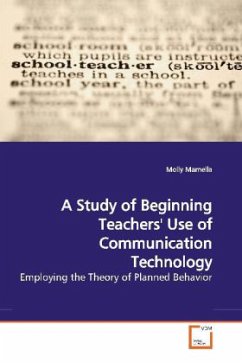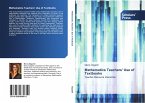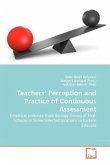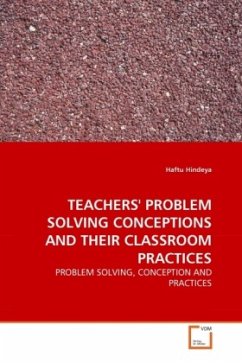This quantitative study examined beginning Catholic elementary school teachers in New Jersey and their intentions to use communication technology. The analytic framework was based on Aizen s theory of planned behaviors. The three hypotheses examined the respondents overall intention to use communication technology and what behavior influences their intention to use. Through descriptive statistics, correlations, and a two model hierarchal regression the three hypotheses were tested. The two models tested were significant, suggesting that the independent variables (direct measure of subjective norm, direct measure of perceived behavioral control, and direct measure of attitude toward the behavior) shaped teachers planned/intended intention to use communication technology. Model 2 accounted for the greatest amount of the total variance, 60.1%. This suggests that teachers subjective norm and attitude toward the behavior, which in this case is their intention to use communication technology, is a strong indicator of whether or not they will use it.








